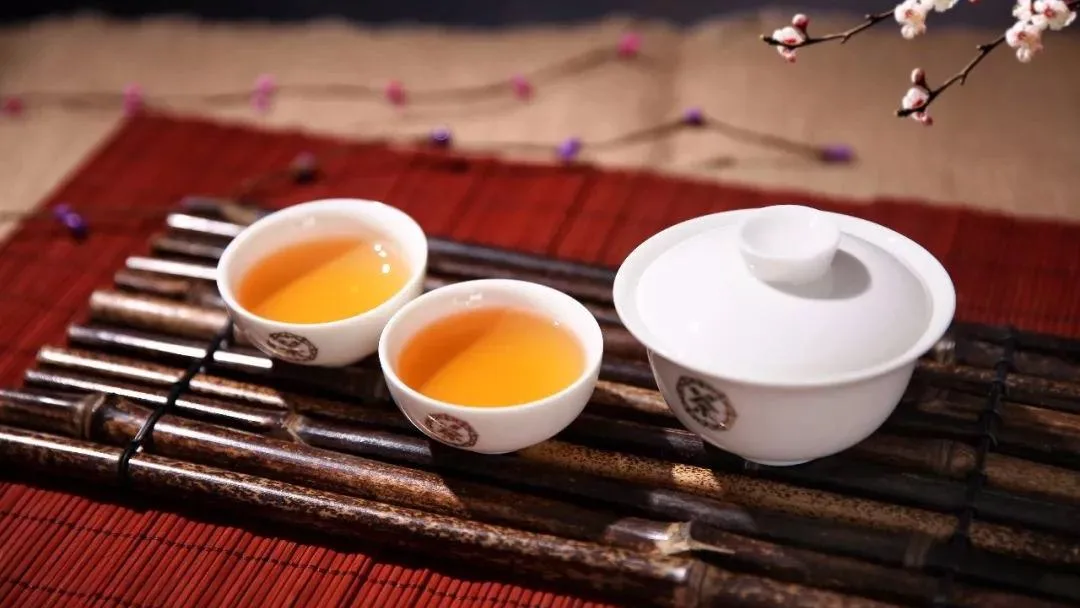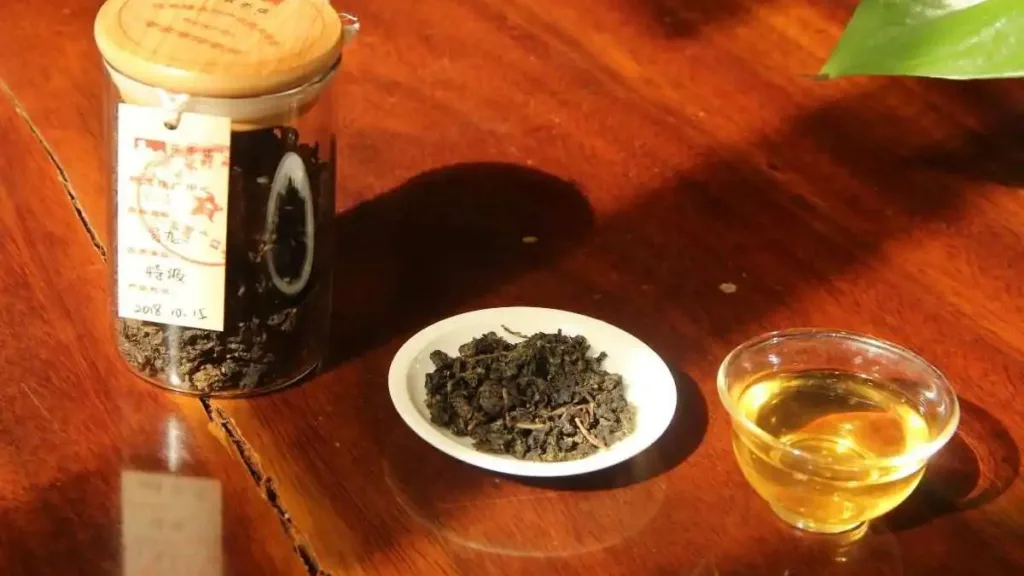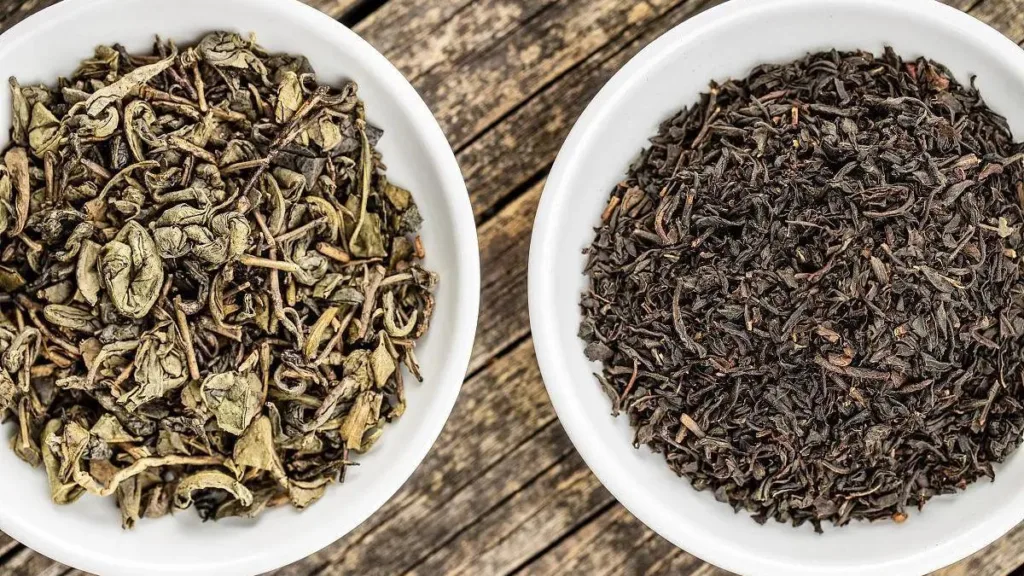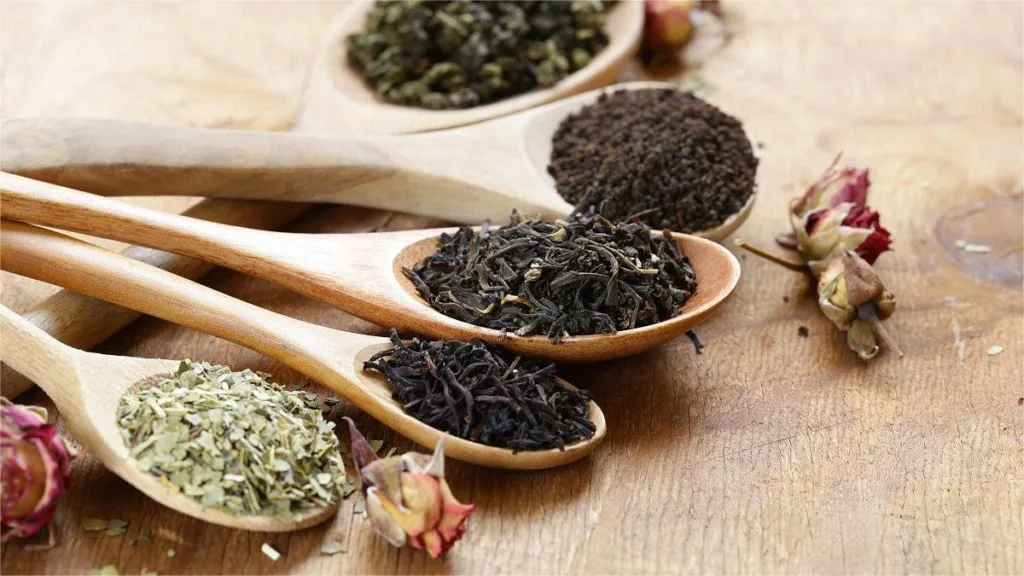Tea, often considered a stimulant that might upset the stomach, has led to a common belief that children and teenagers should refrain from its consumption. Concerns about potential impacts on growth further complicate the matter. So, what’s the truth? Can children really drink tea? If so, which traditional Chinese teas are suitable for kids? Today, we will provide a detailed answer to these questions.
Tea Guidelines for Different Age Groups:
0-5 Years (Toddlerhood):
It is not recommended for toddlers to drink tea during this stage. At such a young age, the focus should be on providing essential nutrients for proper growth.
6-12 Years (Childhood):
- Recommended Teas: Pu’er tea, floral teas, and green tea.
- Quantity: 2-3 small cups per day. It is advisable to consume the tea during the day, and the tea should be light and served warm.
12-18 Years (Adolescence):
- Recommended Teas: Aged Pu’er, Lao Liubao, and aged white tea.
18-40 Years (Young Adulthood):
- Recommended Teas: Green tea, white tea, oolong tea, and black tea.
40-65 Years (Middle Age):
- Recommended Teas: Pu’er, Liubao, brick tea (Fu Zhuan), and Shoumei.
65 Years and Above (Seniority):
- Recommended Teas: Aged black tea, aged white tea, and red tea.
Considerations for Children and Teenagers Drinking Tea:
- Pay Attention to Age:
- Children aged 5 and below are not encouraged to drink tea as their bodies are still developing, and their tolerance levels are lower.
- Children aged 5 and above can consume tea in moderation, with a preference for lighter teas.
- Avoid Excessive Consumption:
- Moderation is key. Drinking too much tea can lead to the excessive absorption of water and nutrients, potentially burdening the child’s body.
- The tea quantity for children should be approximately half or one-third of that for adults, ranging from 3 to 6 grams of dry tea per day.
- Mind the Temperature:
- Tea should not be too hot or too cold. The optimal temperature for drinking tea is around 40-50°C to prevent harm to the oral mucosa.
- Tea Selection:
- For children, opt for milder and lighter teas. Avoid highly fermented or aged teas, which might be too strong for their palate.
- Timing Matters:
- It is recommended to have tea during the daytime, aligning with the body’s natural rhythm.
Conclusion:
In the realm of tea consumption, the mantra “old and young alike” holds true, but with certain considerations. Overall, children can enjoy tea in moderation, emphasizing a preference for lighter, milder teas. The guidelines provided for different age groups ensure that tea becomes a delightful and healthful addition to their routine. The key lies in balance and a mindful approach to tea consumption for the well-being of the younger generation.



